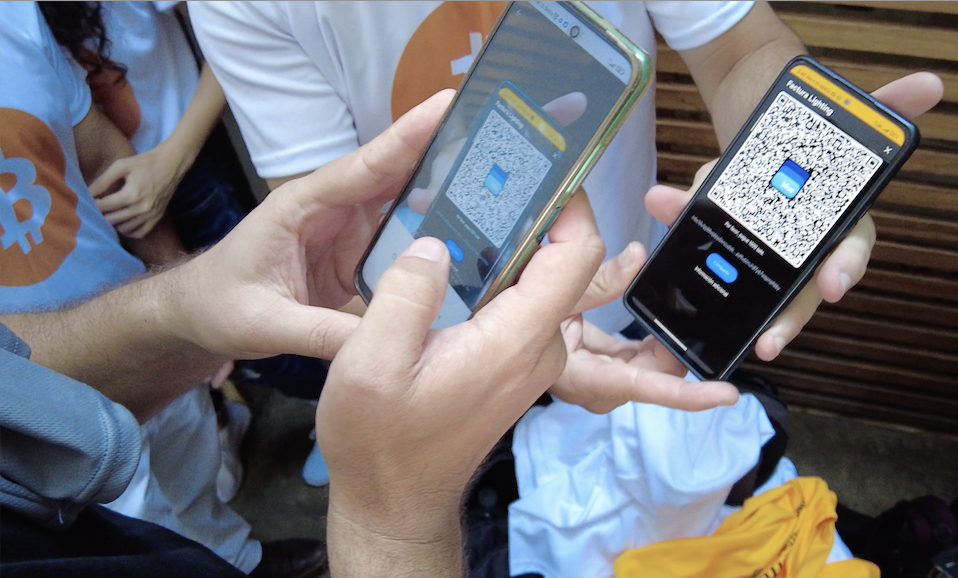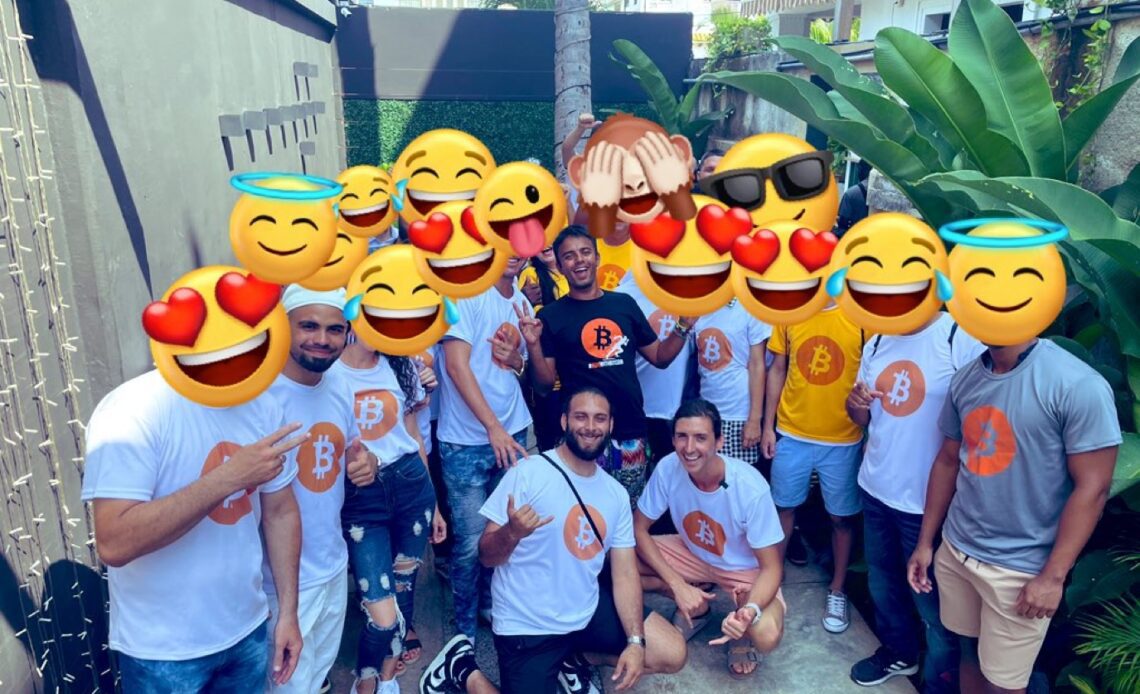Cuba Bitcoin hosted the meetup at the Bitcoin-friendly bar and restaurant Pazillo. Cuba Bitcoin is a lively group of Bitcoin advocates and activists whose discussions on Telegram between anonymous social media accounts that hide people’s identities, had yet to make it into the real world.
Cuba’s foray into Bitcoin signifies a departure from the centralized economic model that has shaped Cuba’s economic progress for decades. Despite limited internet access, financial constraints, and a socialist-styled government, the meetup underscored that Cubans are increasingly turning to crypto as a means of financial freedom and an “exit” from the local economy.
Co-founder of Cuba Bitcoin, Forte11 (not his real name) told Cointelegraph:
“The mission of the meetup is to educate–not convince Cubans about the potential of Bitcoin in Cuba. Each person has the freedom of expression to decide what they want to do. It’s education, education, and education first and foremost.”
While Bitcoin meet-ups in the Western World might be dominated by white, middle-aged men, Cuba’s Bitcoin-only meet-up included a wide range of characters. From small business owners to software developers to teenage students to grandmothers, more than 60 people turned up. Paco de la India, a Bitcoin vlogger and evangelist also attended, delivering a talk on Bitcoin adoption around the world.
Although Cuba is technically a centrally-planned economy, the state recently relaxed laws on private business ownership. This arena is the target market for Bitcoin merchant adoption, as coupled with the recent crypto regulations passed in Cuba, it is now legal to accept cryptocurrencies for goods and services.
To demonstrate this, the group sold Cuba Bitcoin t-shirts for 1,000 Satoshis ($0.30) so attendees would learn about the layer-2 lightning network. The T-shirts sold out.

Nonetheless, the main talk of the day revolves around how to get one’s hands on Bitcoin. In a country where mobile Internet penetration remains relatively low and smartphones are not yet ubiquitous, downloading Bitcoin applications or wallets is out of reach for many Cubans.
What’s more, due to the US trade embargo, familiar exchanges, such as Coinbase, Kraken, and Gemini are not welcome in Cuba. As a result, to buy Bitcoin, Cubans tend to do so the OG way, through peer-to-peer exchange.
Click Here to Read the Full Original Article at Cointelegraph.com News…
